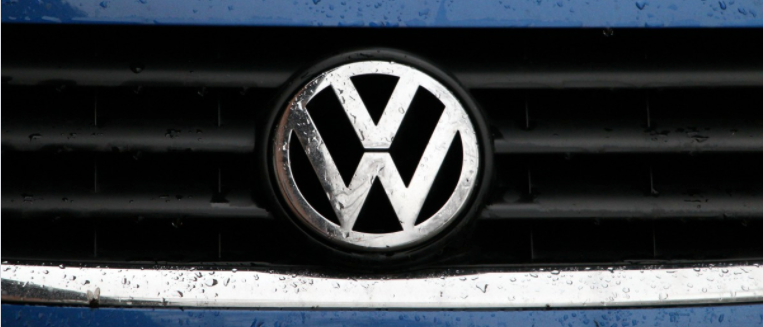Volkswagen expected to post excellent 2017 results, boosting the share price in Q1 of 2018
The chief executive of Volkswagen, Matthias Mueller, has announced the company will post excellent group results for 2017, helped by a surge in vehicle sales and cuts in spending.
The popularity of the car manufacturer with motorists seems to have endured the emissions scandal of September 2015, despite that infamous month costing it billions of euros in penalties and fines.
Outstanding 2017
VW CEO Mueller told Germany’s weekly publication Welt am Sonntag that the year will be “quite outstanding” in terms of operations, when asked to sum up the business year of 2017. Detailed results are expected to be published by the car manufacturing giants on March 13, 2018.
A month ago, the prediction from the CEO was that the group’s deliveries would top the record of 10.3 million vehicles, set in 2016. Various cuts to costs in the core passenger-cars division have led to the world’s largest car manufacturer to increase it profit targets for the year, and since then it has also increased it sales and mid-term profit guidance.
Conversely, Mueller said that the European Commission’s proposals for rising cuts in the average carbon dioxide (CO2) emissions of carmakers’ products through 2025 and 2030 are likely to “cause us real pain“.

Election Woes
A little over two years ago, VW admitted to misleading diesel emission tests in the United States. It has subsequently set aside around 25 billion euros to cover the resultant fines and vehicle repairs, and is staring down the barrel of thousands of global lawsuits.
Mueller was also critical of the ongoing political deadlock that continues to hound Germany. As it stands, there is still no new government, as Chancellor Angela Merkel works to find a functional coalition partner a full 3 months after the federal elections were held.
Mueller said “This is taking too long” in an interview that was published on Christmas Eve. He commented that his country’s politicians need to “become capable of acting again“, and expressed his belief that in order to achieve this there may need to be “unpopular decisions” made for the greater good.